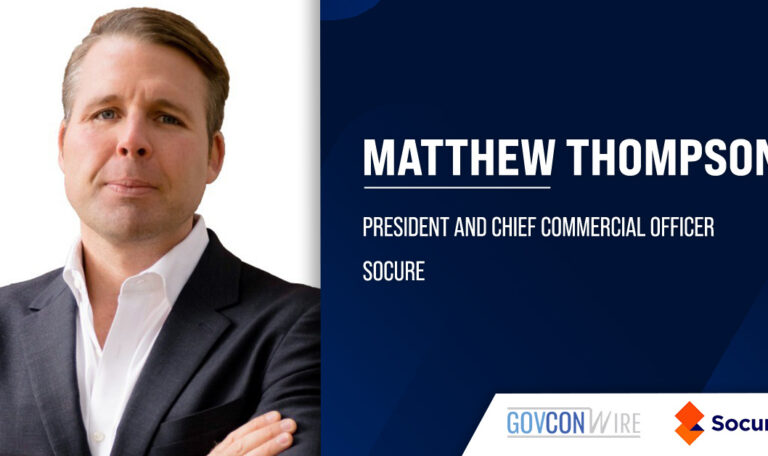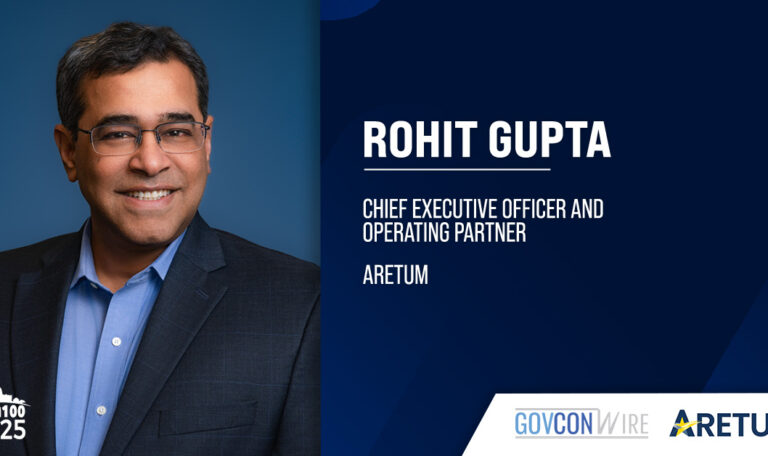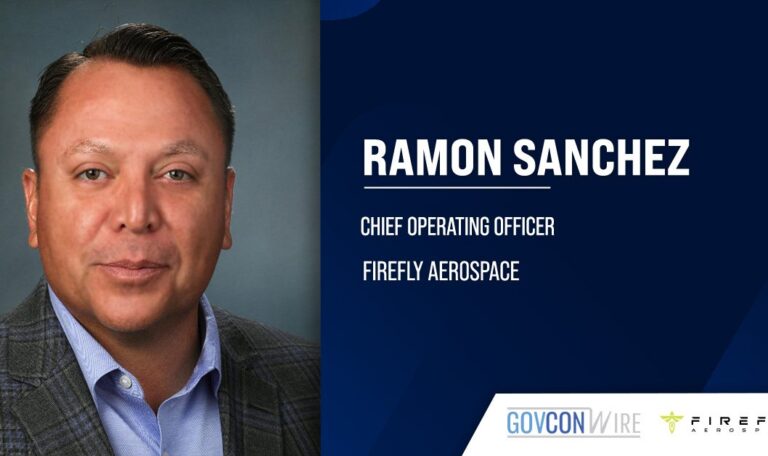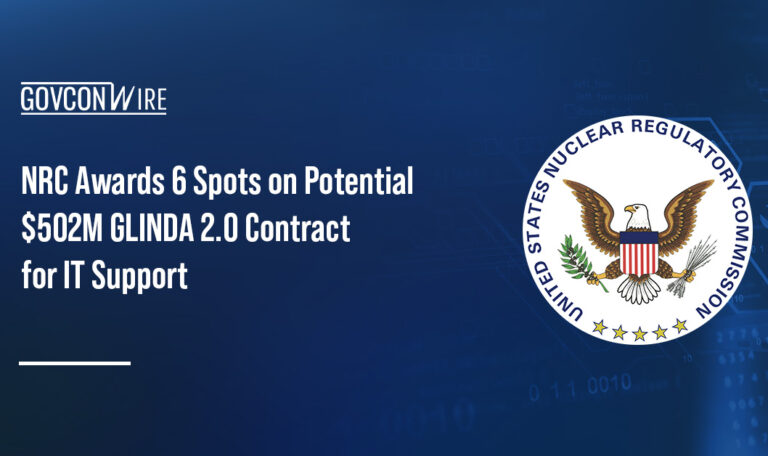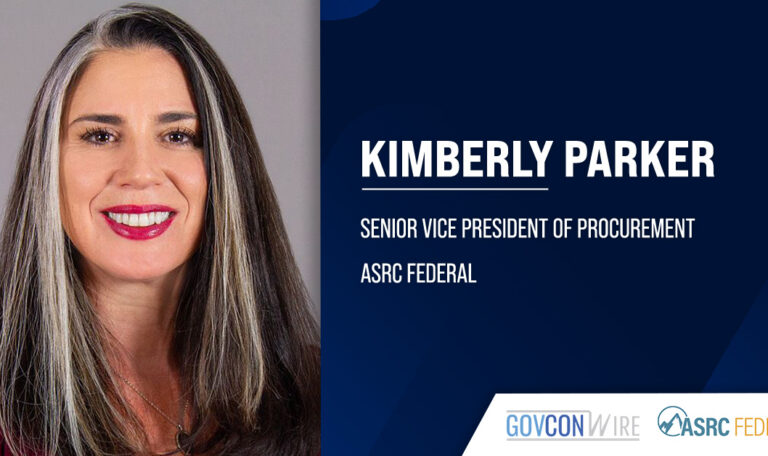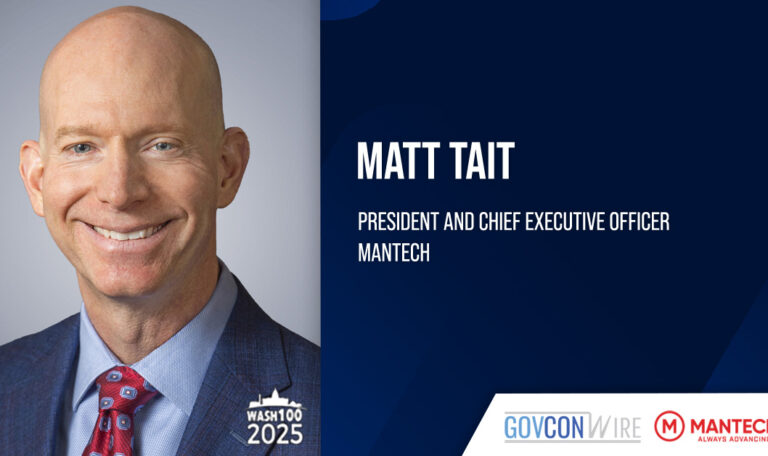John Balbus, interim director of the Department of Health and Human Services’ Office of Climate Change and Health Equity, said in a GovCon Wire-hosted virtual event that OCCHE works to promote health equity and strengthen sector-wide commitment to addressing the climate crisis as its overt and subtle effects threaten worldwide well-being.
He noted in a fireside chat with Steve Ambrose, chief climate scientist of Science Applications International Corp., that the health care community recognizes the impact of the environment on human baseline health, which is influenced by structural barriers placed upon marginalized groups that prevent them from having a say in managing their community environments.
“The people who die in heat waves are often the people who are either in low income jobs, migrant farm workers and outdoor workers. They are people who are marginalized in society, people experiencing homelessness and extreme poverty who can’t afford energy,” Balbus said during the “Impact of Climate on the Health of the Nation” webinar.
While the field previously felt that emissions reduction efforts would distract from the work of saving lives, the health care sector has realized that tackling the growing threat of climate change is now a major factor in progressing that mission, according to Balbus.
Though extreme climate events played an important role in drawing attention to the climate crisis, they are not the only factors driving health inequity, said Balbus, who stressed the importance of considering the more subtle changes contributing to the problem.
He explained that the melting of sea ice and permafrost contaminating water sources and climate-influenced insect and animal migrations introducing diseases to new areas as some of the issues influencing baseline health both in and outside of the U.S.
These changes have another side. As resources are allocated to resolving climate-induced problems in specific areas, this can raise the cost of living and push the most vulnerable communities out of their homes and into another space that may be less financially secure.
“There is a secondary issue too, which is the problem of bringing health services to displaced and relocated populations,” Balbus emphasized.
Connecting the public and private sectors is a crucial part of addressing this problem.
To facilitate cooperation between federal organizations and private companies, OCCHE worked on a pledge campaign that called upon all health sector organizations to sign onto the Biden administration’s emissions reduction goals, which he says received a positive response across the field.
“We are trying to build that community ourselves and we are trying to bring that community the resources they need through a variety of different mechanisms, starting with just collecting in one place,” Balbus said.
The pledge campaign, which started with 52 organizations, has doubled to include over 100 different entities across numerous areas within health care, including suppliers, pharmaceutical companies and organizations such as the American Association of Medical Colleges.
His office is also currently working with the private sector to build an action collaborative under the National Academy of Medicine, which has a growing focus on climate change.
“I think that we are in a watershed where so many different parts of the health sector are going to get involved. I think there is tremendous opportunity and there will be tremendous impact when the health sector really comes on board full force,” Balbus added.
If you missed the event, visit the GovCon Wire Events page to watch the full webinar.




